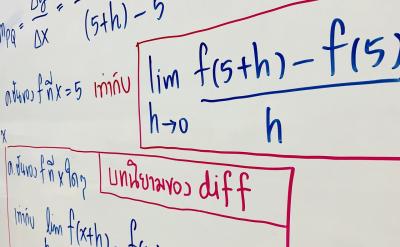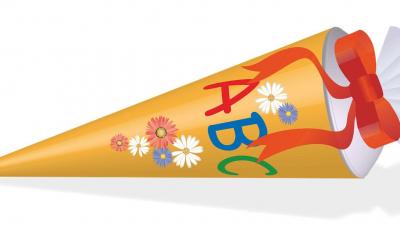比较either和neither
【来源:易教网 更新时间:2025-04-10】
在英语中,有一些词汇与数字密切相关,尤其是在描述数量和选择时。本文将重点探讨几个与数字“2”和“3”相关的词汇,包括“either”、“neither”、“both”、“all”、“none”和“each”,并通过对这些词汇的详细解析,帮助读者更好地理解和运用它们。
一、与数字“2”相关的词汇
首先,我们来看与数字“2”相关的词汇:“either”、“neither”和“both”。
1. Either
- 定义:表示“两个中的任何一个”,通常用于选择的情境中,强调两者中任意一个都可以。
- 语法:作为代词时,通常是单数形式。
- 例句:
- My parents are teachers. Either of them teaches English.(我的父母是老师。两位中任意一位都教英语。)
- Would you like to come on Monday or Tuesday? Either will do. I'm free all the time.(你愿意周一还是周二来?哪天都行。我随时都有空。)
2. Neither
- 定义:表示“两个中一个也没有”,通常用于否定的情境中,强调两者都不符合某个条件。
- 语法:作为代词时,通常是单数形式。
- 例句:
- Both of the twins like playing basketball, but neither of them enjoys music.(这对双胞胎都喜欢打篮球,但是他们两位都不喜欢音乐。)
- The man bought some books, but none of them was good.(那人买了一些书,但没有一本是好的。)
3. Both
- 定义:表示“两个中的两个”,通常用于肯定的情境中,强调两者都符合某个条件。

- 语法:作为代词时,通常是复数形式。
- 例句:
- Both of the twins like playing basketball.(这对双胞胎都喜欢打篮球。)
- The couple teaches us English. They are great.(这对夫妇教我们英语。他们很棒。)
二、与数字“3”及以上的词汇
接下来,我们来看与数字“3”及以上的词汇:“all”、“none”和“each”。
1. All
- 定义:表示“大于等于3个中,所有的”,通常用于描述一组或多组事物全部符合某个条件。

- 语法:作为代词时,通常是复数形式。
- 例句:
- There are many students on the playground, and all of them come from the countryside.(操场上有很多学生,他们都是来自农村。)
- In order to win the game, the students are practicing day after day, and all of them would lose.(为了赢得比赛,学生们每天都在练习,但他们都输了。)
2. None

- 定义:表示“大于等于3个中,一个也没有”,通常用于否定的情境中,强调一组或多组事物中没有任何一个符合某个条件。
- 语法:作为代词时,可以是单数或复数形式,具体取决于上下文。
- 例句:
- I have a lot of friends, but none of them can help you.(我有很多朋友,但是,他们一个也帮不了你。)
- I have lots of pens, but none of them are (is) good.(我有很多钢笔,但是没有一支是好的。)
3. Each
- 定义:表示“大于等于2个中,每一个”,通常用于描述每个个体都符合某个条件。
- 语法:作为代词时,通常是单数形式。
- 例句:
- Each of the two students has a book.(这两个学生都有一本书。)
- There are many books in the shop. Each costs ten yuan.(书店里有很多书,每本十元。)
练习题
为了巩固对这些词汇的理解,下面是一些练习题,请选择合适的词汇填空:

1. The man bought some books, but _______ of them was good.
2. Would you like to come on Monday or Tuesday? _______ will do. I'm free all the time.
3. _______ of the couple teaches us English. They are great.
4. In order to win the game, the students are practicing day after day, and _______ of them would lose.
5. There are beautiful flowers on _______ side of the street. Let's take some pictures.
答案
1. The man bought some books, but none of them was good.
2. Would you like to come on Monday or Tuesday? Either will do. I'm free all the time.
3. Both of the couple teaches us English. They are great.
4. In order to win the game, the students are practicing day after day, and all of them would lose.
5. There are beautiful flowers on both sides of the street. Let's take some pictures.
通过以上解析和练习,相信读者对“either”、“neither”、“both”、“all”、“none”和“each”这几个词汇有了更深入的理解。这些词汇在日常交流和写作中非常常见,正确使用它们可以使表达更加准确和自然。希望本文能帮助大家更好地掌握这些词汇的用法,提升英语水平。
 搜索教员
搜索教员

最新文章

